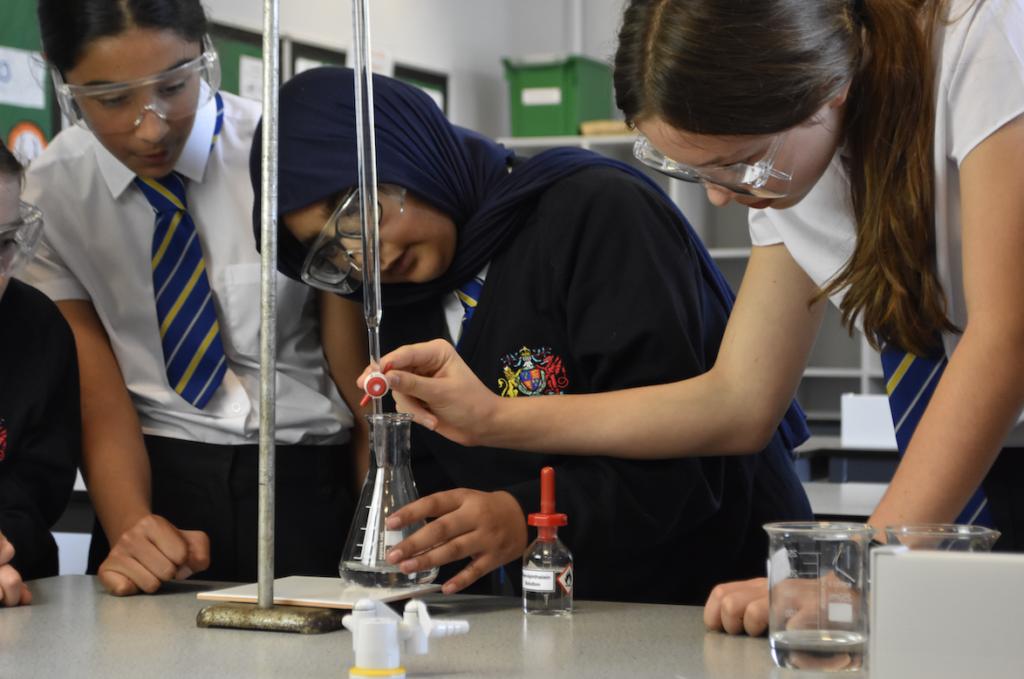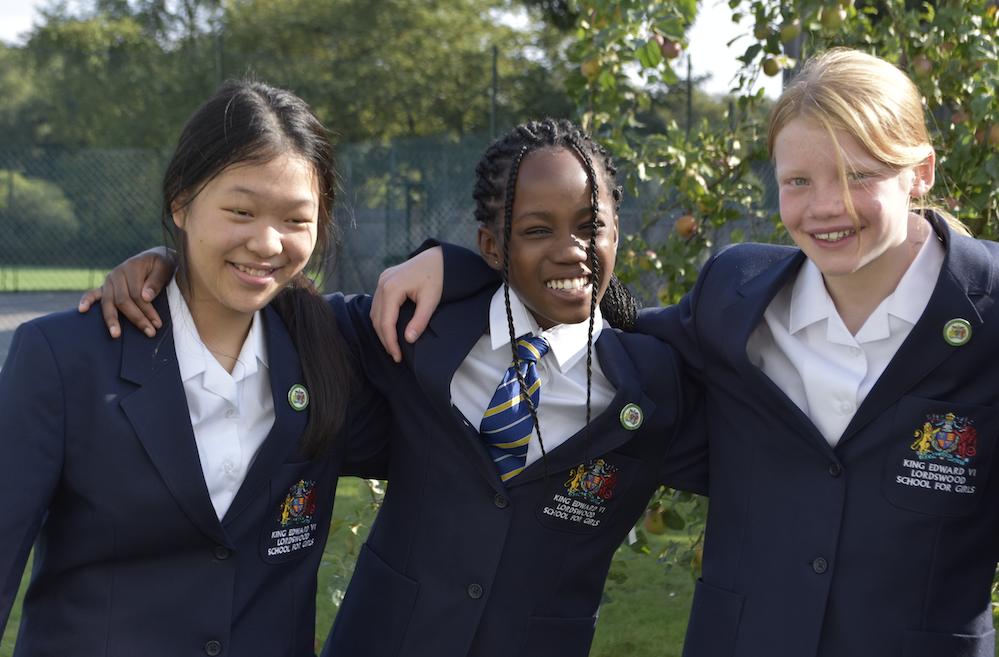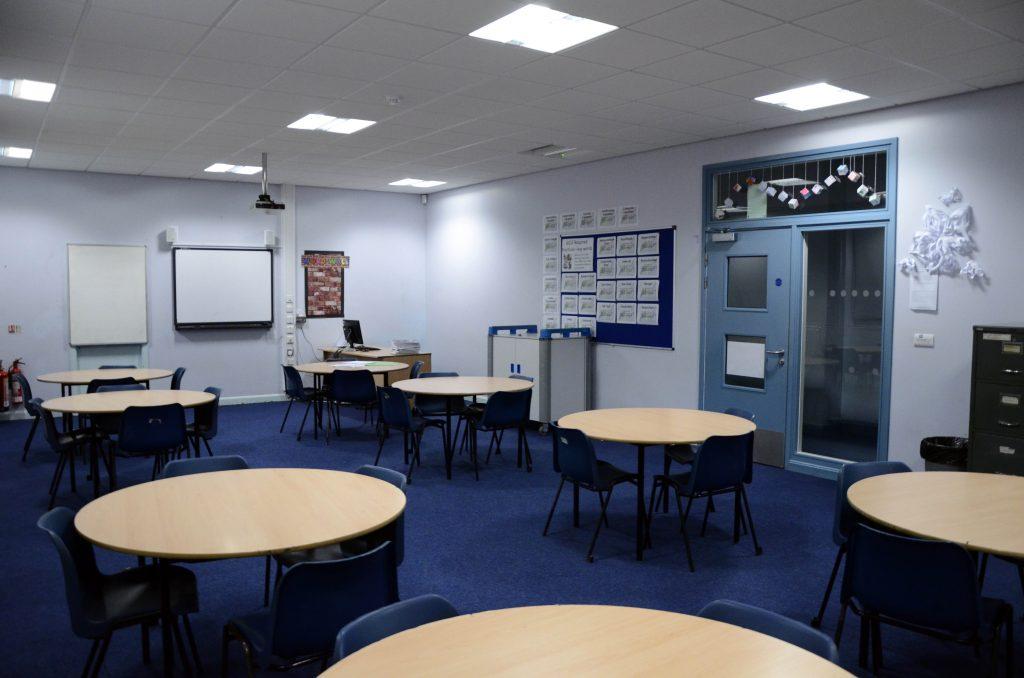By the end of Year 9, students will have gained locational knowledge of a range of the world’s countries from several continents. This includes their key human and physical characteristics, key environmental regions, and major cities/locations. Students will have also completed several local fieldwork experiences, providing them with an awareness of what fieldwork is and what good practice looks like for data collection and analysis. They will also have an awareness of GIS and its uses, as well as being able to demonstrate a number of mapping techniques.
Year 7
Autumn Term
World Tour and Map Skills
Students begin by creating their own passport and preparing for their tour, before studying a wide range of countries. This includes their topography and physical features, tourist attractions and socioeconomic landscapes. We cover a huge variety of different places, ranging from Antarctica to Brazil to Afghanistan – all countries with very different strengths and challenges. Students begin to explore the amazing world around them from the comfort of their classroom!
Students are simultaneously working through the unit ‘Geographical Skills’, which will develop their map skills and improve their geographical knowledge and awareness on a range of scales. These are essential skills necessary for Geography and are embedded into the ‘World Tour’ topic.
Spring Term
Weather and Climate;
We then move onto the topic of ‘Weather and Climate’, which will introduce students to the how we measure the weather, why climate varies around the world and why it is important that we predict future changes in the weather and climate. Students also get to have a go at presenting their own weather forecast!
Rainforests and Deserts
This new found knowledge will be very useful when studying two contrasting ecosystems in the third topic, ‘Rainforests vs. Deserts.’ These study of these two ecosystems focuses on the differences in their climate, vegetation, animal life and adaptations, and their inhabitants. We also study the challenges of living in these environments and how the people living there try to ensure sustainability.
Summer Term
Rainforests and Deserts continued
Global Warning
Finally, we look into the impact of a changing global climate in ‘Global Warning’. This is an important theme which is revisited throughout the geography curriculum*, and we look at why our climate is changing, the potential dangers of this, and most importantly – how we can all help!
Year 8
Autumn Term
Resourceful Rivers
In Year 8 we begin by studying the hydrological cycle and ‘Resourceful Rivers’. The rivers unit looks at the journey of a river from source to mouth and the devastation that flooding can cause, but also how rivers can be managed and become a useful resource for mankind.
We start with key terminology and the location of the world’s major rivers. We then look at key processes such as erosion and deposition, and the landforms that result from these. We then complete a case study of the Three Gorges Dam in China, considering the sustainability of the project. Finally, we study the causes and impacts of flooding, as well as how flooding can be managed.
The Built World
In the ‘Built World’ topic, students
learn about settlement types and
structures, linking this knowledge to
examples from the local area. We
study the causes and impacts of
settlement growth, with a case study
of urbanisation in Brazil.
Spring Term
Extreme Weather
In the spring term, we study extreme
weather. This includes their causes,
impacts and responses. A range of
real-life case studies are studied to
exemplify each type of extreme
weather. These case studies are as
current and relevant as possible and
focus on how humans and nature
interact and often clash!
Summer Term
Planet People
‘Planet People’ is the fourth topic in
Year 8, which delves into the study
of population, settlement and
migration. Students will try to
understand why we are distributed
around the world in the pattern we
are, and why there are such
differences in our quality of life. We
then go on to study urbanisation,
including the wider issues of
economic activities and employment,
with a clear focus on the Asian
powerhouse of China, and their
previous controversial population
management strategies.
Glaciers
The final topic is on glaciation and
glacial landforms. This is a new unit
which focuses on the unique
landscapes and landforms that these huge powerful masses can create.
We also examine the great
amount of benefits that glaciers give
to the planet, and why and how we
are in danger of losing lots of our
ice
Year 9
Autumn Term
Coastal Curse
Firstly we start with the topic of ‘Coastal Curse’. We begin by looking at coastal landforms and processes but then with a massive 4 billion people living on coastlines, we go on to study the delicate relationship between mankind and the sea. We focus on the Norfolk coastline which is highly susceptible to erosion, and what the effects have been for the residents there.
Spring Term
Money makes the world go around
The second topic, ‘Money makes the world go round’ is exploring the theme of multinational companies and globalisation. We use Nike as a case study for employment and globalisation, and we aim to inspire pupils to develop their awareness of sustainability.
Summer Term
Tectonic Terrors
The next topic is ‘Tectonic Terrors’ and we aim to understand how natural phenomena such as volcanoes and earthquakes occur, what effects they have, and what we can do to try and mitigate or resolve the issues they cause.
Geographical Skills
The final topic for Year 9 is Geographical Skills, where we practice and embed skills necessary for GCSE and for further study in other subject areas and wider life – such as map skills, graphical skills and interpretation of resources.
Assessment at Key stage 3
Throughout each topic, there will be a variety of assessments such as essays and decision making exercises. Each topic will also have an end of topic assessment to consolidate all the themes covered during the programme of study, as well as an end of year examination. The assessments aim to challenge your daughter in using different skills and demonstrating her learning and understanding.
How can parents help support their child’s learning?
Try to ask questions about homework and encourage your daughter to proofread her written work. Also try to assist your daughter in understanding assessment marking criteria.
There are lots of websites available for support with work in lessons and with homework, such as ‘coolgeography’ and ‘bbc bitesize’.
Your daughter should also keep an eye out for current geographical issues in the media and try to apply them in lessons.
Students also have access to a plethora of lessons and revision materials which are available on their dedicated Google Classroom – this is especially useful to catch up on any missed work.
Enrichment opportunities
Ongoing as opportunities arise – previously pupils have attended masterclasses at KEVI schools and the University of Birmingham, and with companies such as Severn Trent.
![]()



